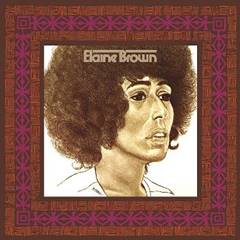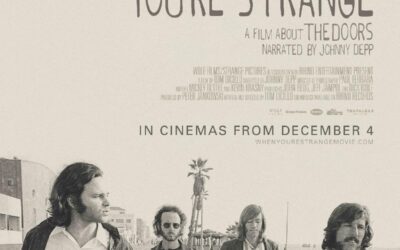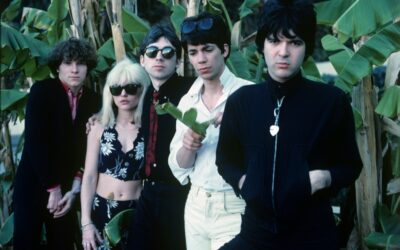REISSUED ON VINYL LP
By Harvey Kubernik c 2018
Elaine Brown, the rare, self-titled album from the first and only female Chair of the Black Panther Party, has just been reissued in late
September by Motown/UMe.
First issued in 1973 and long out of print, the LP includes the single “Until We’re Free.” The new 150-gram vinyl edition is presented in a tip-on jacket with replicated original artwork.
Purchase Elaine Brown vinyl LP: https://UMe.lnk.to/ElaineBrownPR
A Motown/Ume press release provided background on Brown’s 1973 endeavor.
“The album was the second for Brown, who wrote all nine songs. It was produced by Motown’s Freddie Perren and Fonce Mizell, who were then one-half of The Corporation™ production team that had created a string of hits for the Jackson 5; Brown’s LP was one of their first projects separate from the group. Elaine Brown was arranged and conducted by Horace Tapscott, a pianist, composer and founder of the Pan-Afrikan Peoples Arkestra. The album art was created by Emory Douglas, the Black Panther Party’s Minister of Culture.”
“These are love songs expressing Elaine Brown’s deep and abiding sense of oneness with all oppressed humankind,” wrote Black Panther Party co-founder Huey P. Newton in the album’s liner notes.
Brown, who left the Panthers in 1977, became an advocate for prison reform. She is currently CEO of the non-profit organization Oakland & the World Enterprises, Inc., dedicated to launching and sustaining for-profit businesses for cooperative-ownership by formerly incarcerated people and others facing barriers to economic survival.
Brown attended Temple University, UCLA, Mills College and Southwestern University School of Law. She has lectured at colleges and universities throughout the world, and her papers have been acquired by Emory University. Brown sought the Green Party nomination for U.S. President in the 2008 election. She is the author of A Taste of Power, a memoir, and the novel The Condemnation of Little B.
Elaine Brown was the eighth and final album release on Black Forum, Motown’s 1970s imprint focusing on African-American consciousness.
In 1994 I conducted an interview with Motown founder Berry Gordy, Jr. inside his Bel-Air mansion in California while he was promoting his autobiography To Be Loved, and we discussed his Black Forum label.
Harvey Kubernik: You later had a spoken word label at Motown, the Black Forum, where the voices of Dr. Martin Luther King, Jr., Stokely Carmichael, Elaine Brown and Imamu Amiri Baraka, among others, were recorded.
Berry Gordy: I put out several things by Dr. King, including The Great March To Freedom in Washington, probably the biggest, I Have A Dream.
One of the things in those days, in the ‘60’s, there was a civil unrest and the various people who had things to say. I was very closely connected to Dr. King and liked his philosophy and he taught me the wisdom of non-violence. As I said in To Be Loved, I was never like a ‘turn the other cheek kind of guy,’ you know? I wasn’t brought up that way. In the inner city you don’t do that.
But he taught me the wisdom of non-violence. While we were victims, others were victims, too. White people were victims when they let their prejudices hold them back. He was more with my philosophy of communicating with people around the world. Understanding. I think we all want the same kind of thing. We all want peace, we all want love. We all want togetherness. And I think one thing that music has done is brought people together with the same ideas. Forgetting what color of their skin is and all that.
Are you hip or square? There are black people that are not hip, and there are white people that are hip and it’s like, ‘Are you hip or are you square?’ Are you this, or are you that? And then you forget about whether you are white or black, or this or that. And so, we had a family of people that were dealing with that fundamental thing about communicating love.”





